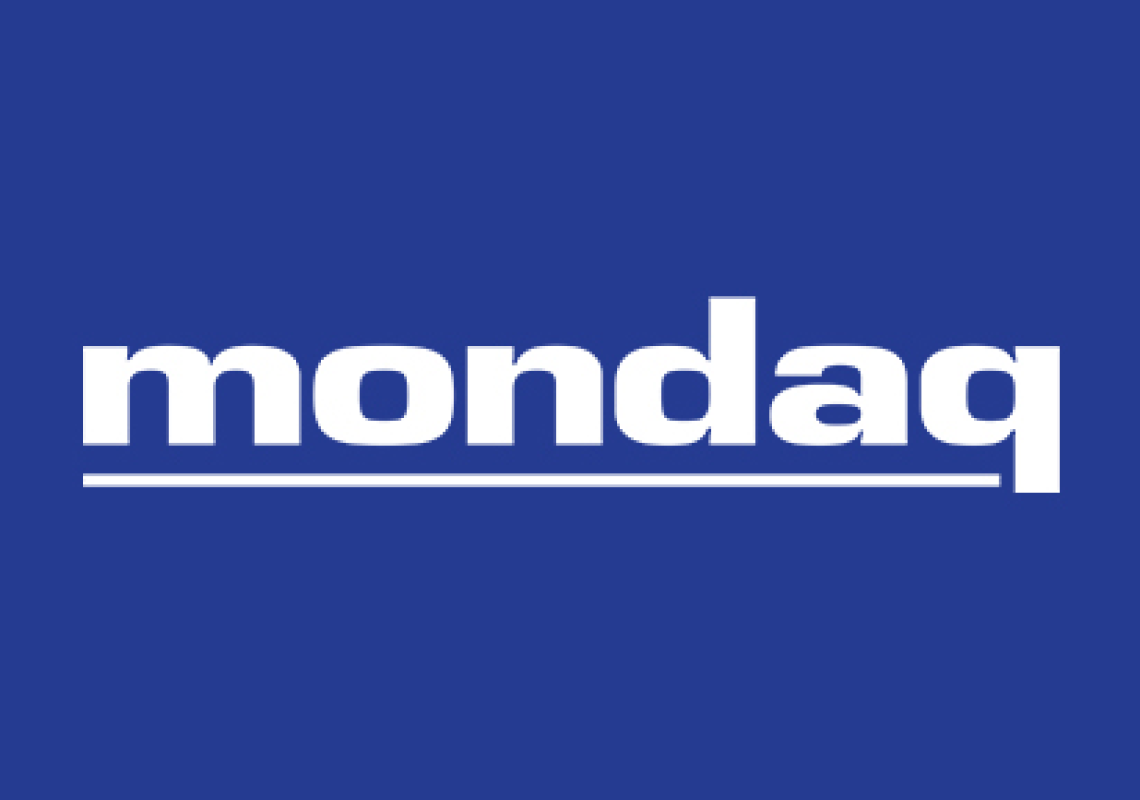Mondaq uses cookies on this website. By using our website you agree to our use of cookies as set out in our Privacy Policy.
The enactment of the Companies and Allied Matters Act (“CAMA”) 2020 was a significant highlight of 2020. Among other things, it repealed the old law enacted in 1990, which had become unfit for purpose and unable to cater for modern day company realities. The CAMA 2020 was heralded as innovative and expected to significantly improve the ease of doing business, remove some strangleholds, and introduce provisions mirroring international best practices.
The CAMA 2020 has done away with the need for companies to have an “authorised share capital” and instead brought in place the provision for companies to maintain a minimum “issued share capital”. Accordingly, private companies are now only required to have a minimum issued share capital of ₦100,000.00, while public companies must have a minimum issued share capital of ₦2,000,000.00.
Just as everyone was trying to understand the implication of these new provisions on businesses, the Corporate Affairs Commission (the “CAC”) issued the Companies Regulations 2021 (“CR”) in January 2021. And with the CR, the CAC dropped a bombshell in Regulation 13. According to R. 13, all existing companies must allot the totality of their unissued shares before
30th June 2021. This created so much confusion for companies, particularly public companies on how to achieve this goal, even as the CAC moved this deadline to 31st December 2022.
In responding to the numerous questions that we received from clients and issues raised by lawyers alike, we reviewed the provisions of the CAMA 2020 and R.13 to determine the legality and implications of R.13 on Nigerian businesses.
Section 99 of the old law prescribed that private companies must have a minimum authorised share capital of ₦10,000.00 and ₦500,000.00 for public companies. In addition, companies were required to issue at least 25% of their authorised share capital at every point in time.
Accordingly, a company with an authorised share capital of ₦1,000,000.00 had to allot shares worth ₦250,000.00, leaving the rest available to be issued in the future, based on the company's needs.
Section 124(3) of the CAMA 2020 on the other hand provides that every company's share capital must not be less than the minimum the law prescribes and gave every company with shares below the prescribed threshold six (6) months from the commencement of the Act, to increase their shareholding compliance with the prescribed minimum issued share capital.
The effect of this Section is to mandate private companies that have issued shares with a nominal value below ₦100, 000.00 and public companies that have issued shares with a nominal value below ₦2, 000, 000.00 to take steps to issue additional shares up to the prescribed thresholds. For example, Company X Ltd registered under the old law with an authorized share capital of ₦200,000.00 and issued shares with a nominal value of ₦50,000.00 is required to issue additional shares with a nominal value of ₦50,000.00 to its shareholders to meet the new prescribed minimum issued share capital of ₦100,000.00.
It is instructive to note that no provision in the CAMA 2020 requires Company X Ltd to issue all its unissued share capital. In other words, Company X Ltd is not required by the CAMA 2020 to issue the entirety of its remaining share capital with a nominal value of ₦150,000.00.
See Full Report
The content of this article is intended to provide a general guide to the subject matter. Specialist advice should be sought about your specific circumstances.
© Mondaq® Ltd 1994 – 2022. All Rights Reserved.
Forgot your password?
Free, unlimited access to more than half a million articles (one-article limit removed) from the diverse perspectives of 5,000 leading law, accountancy and advisory firms
Articles tailored to your interests and optional alerts about important changes
Receive priority invitations to relevant webinars and events
You’ll only need to do it once, and readership information is just for authors and is never sold to third parties.
We need this to enable us to match you with other users from the same organisation. It is also part of the information that we share to our content providers (“Contributors”) who contribute Content for free for your use.






